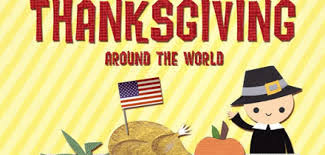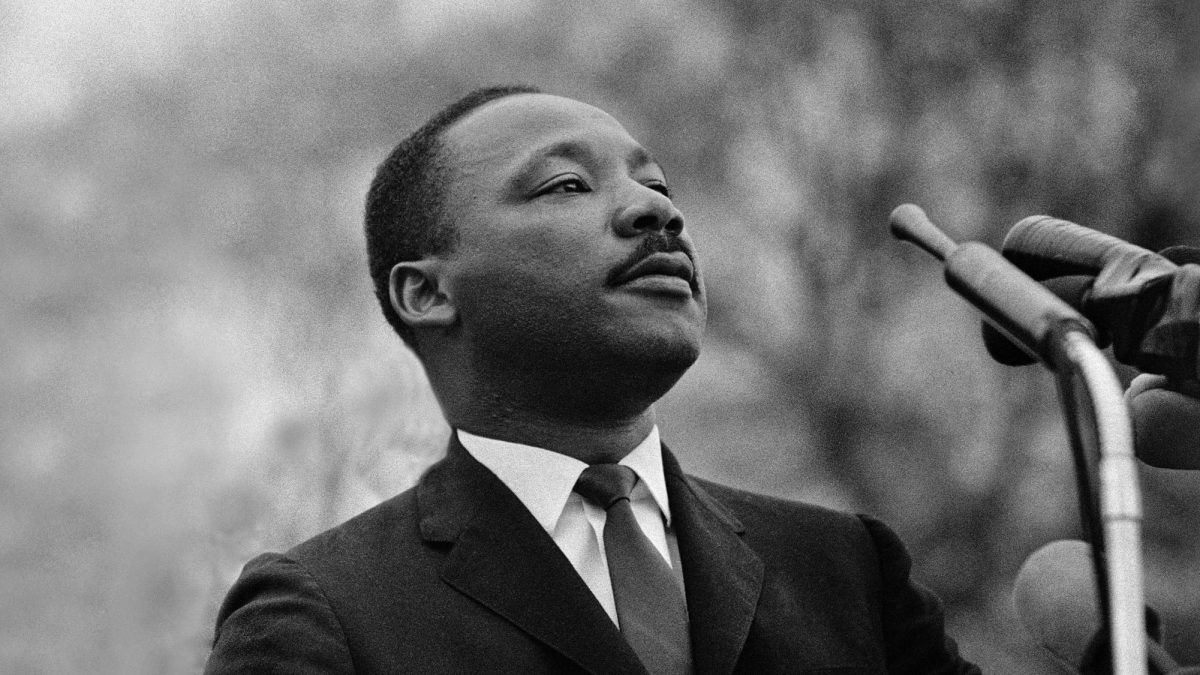
Thanksgiving is an annual national holiday marked by religious celebrations and a traditional meal including turkey. The holiday is a harvest festival celebrated by the Pilgrims in 1621 and is held in the US on the fourth Thursday in November. A similar holiday is held in Canada, usually on the second Monday in October. Over the years, this day has evolved into a significant occasion for reflection and appreciation, allowing us to acknowledge the countless blessings in our lives.
Families and friends gather around the dinner table, often adorned with traditional dishes such as roasted turkey, stuffing, sweet potatoes, and pumpkin pie, transforming into a scene of warmth and togetherness. Sharing a meal becomes a profound ritual, offering an opportunity not only to express thanks for the abundance of food but also to celebrate the deep connections and cherished memories we create with one another.
As we reflect on the past year, we grasp a sense of hope and extend our gratitude beyond our immediate circle, fostering a spirit of generosity and compassion that lasts well beyond the holiday. Ultimately, Thanksgiving is not just a day on the calendar; it is a heartfelt occasion that invites us to celebrate the bonds we share and to spread kindness, making it truly special for all involved.
In many African American households, Thanksgiving may feature soul food staples such as collard greens, chitterlings, dressing, honey-baked ham, macaroni and cheese, and sweet potato pie. These dishes bring comfort and carry the legacy of culinary traditions passed down through generations. Similarly, Latino families might twist the holiday with dishes like tamales, arroz con guisantes de paloma (rice with pigeon peas), and flan, blending the Thanksgiving spirit with flavors from their heritage.
In Liberia, Thanksgiving is dated on the calendar November 7. It is a feast featuring jollof rice, fried plantains, fufu, goat soup, and various meats. It celebrates the country’s history and ties to the United States. These diverse traditions showcase how gratitude and togetherness can be expressed through culturally specific dishes and practices, enriching the global understanding of Thanksgiving.
In India, the harvest festival known as Pongal is celebrated in mid-January, typically over four days, with communities and families coming together to honor the sun god, Surya, and express their gratitude for the abundance of the harvest. During this joyful occasion, families prepare a special dish called Pongal, which consists of freshly harvested rice cooked with lentils and sweetened with jaggery, a traditional unrefined sugar. The dish is often complemented with various accompaniments and is offered to deities before being shared among family and friends, symbolizing unity and appreciation for nature’s gifts.
In Japan, the holiday of Kinrō Kansha no Hi, or Labor Thanksgiving Day, is celebrated on November 23rd. This day recognizes the hard work of farmers and laborers contributing to the nation’s agriculture and economy. Communities engage in festivities that reflect an appreciation for workers and the fruits of their labor—often involving local foods and events that showcase cultural heritage. It’s a time for families to come together and reflect on the importance of gratitude, making it a meaningful celebration of honoring labor and the community’s efforts.
For instance, a Chinese American Thanksgiving might include Peking duck, spring rolls, and sticky rice stuffing, while a Korean American celebration could feature dishes like kimchi, bulgogi (marinated beef), and japchae (stir-fried glass noodles).
This blending of cultures during Thanksgiving showcases the beauty of diversity and the importance of honoring our heritage while creating new traditions. Thanksgiving is a time of gratitude and togetherness, and across different cultures, this holiday is celebrated with a rich tapestry of diverse dinners and traditions.
It reminds us that Thanksgiving is not just about the food, but about coming together, sharing stories, and celebrating the rich tapestry of cultures that make up our communities. While the traditional American Thanksgiving feast often includes turkey, stuffing, and cranberry sauce, many families incorporate their unique cultural heritage into the celebration, creating a vibrant variety of flavors and meals.








